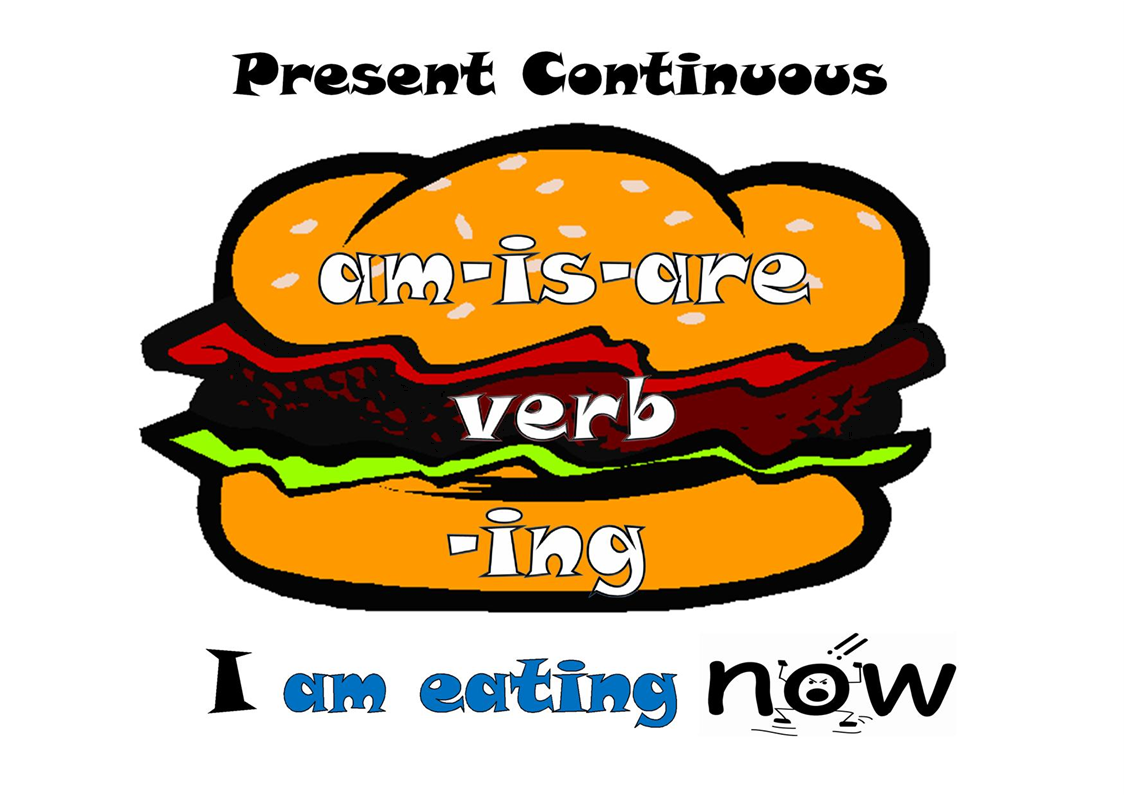Adele is a British singer and songwriter. Her two previous albums,
19 and 21, have earned the artist numerous awards. Now, she has just released
her third album 25 and the song Hello is the first single from the album. The
song is a soul piano ballad that talks about nostalgia and regret and plays out
like a conversation. Hello is the first song to sell over one million digital
copies within one week of its release in the USA. (source Wikipedia)
The content of the lyrics is open to
interpretation. Some people say it’s about a failed love relationship,
some others argue that it is about Adele’s relationships with everybody she
loves and cannot be with; others, on the other hand, claim it is Adele’s
conversation with her old self before she became famous.
Listen to the song and their task will be to find the following:
- a verb meaning to desire to know something.
- three phrasal verbs.
- an informal contraction that some people consider incorrect.
- an idiomatic expression meaning to be lucky, successful and greatly admired.
- a modal+ perfect infinitive
- an idiomatic expression meaning to cause someone great emotional pain.
- a combination that goes against grammar, but which is very common in casual registers.
- an idiomatic expression meaningto achieve a goal, to be successful. (Source Blog de Cristina)
LYRICS WITH EXERCISES























